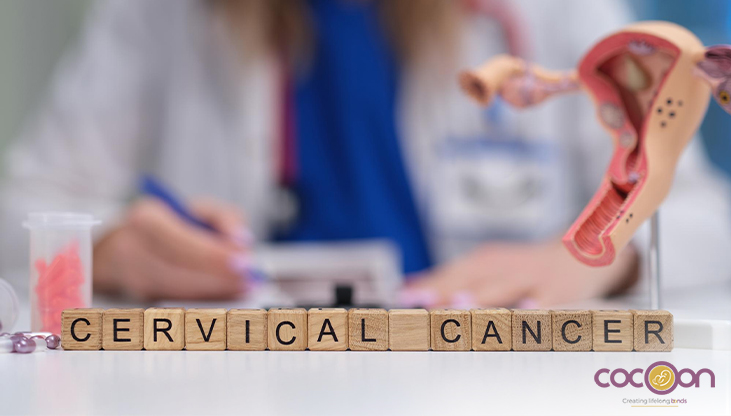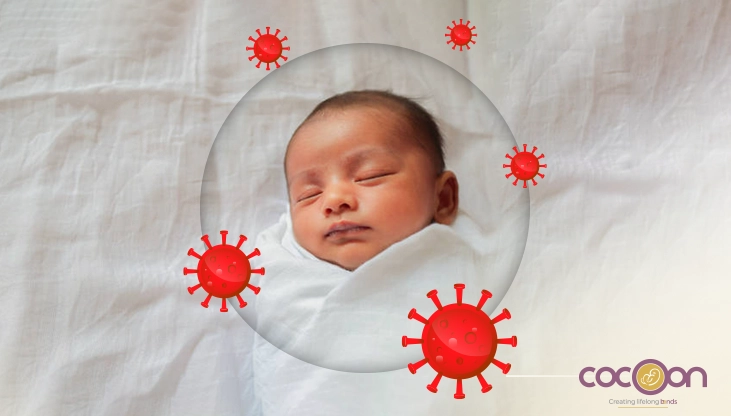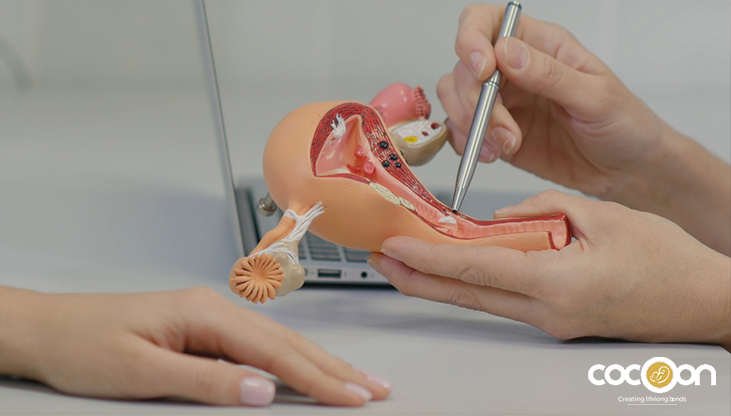Bringing home your newborn from the hospital is meant to be a joyful moment. But for some parents, the first few days (or weeks) post-delivery are a time of unexpected worry —particularly if your newborn requires specialized medical attention. If your preterm baby is having trouble breathing, is smaller than expected gestational age, or experiencing complications, doctors can prescribe treatment in a NICU.
What Is NICU?
NICU is short for Neonatal Intensive Care Unit (NICU) is a specialized hospital unit that can handle ill or premature infants who require additional medical care following birth.
Although the majority of newborns are discharged with their parents within 1–2 days of birth, some infants require close monitoring, treatment, or life-support therapy. That's when NICU comes into the picture. It delivers:
- Continuous checking of vital signs
- Respiratory support (e.g., ventilators)
- Nutritional support for infants who cannot feed orally
- Infection and organ immaturity treatment
- Developmental needs supportive care
Why Do Some Babies Need NICU
Not all babies need NICU care. But at times, it is inevitable. Some of the reasons for admitting a newborn baby to NICU are as follows:
1. Premature Birth
A pregnancy that lasts 40 weeks is a full-term one. Any baby born before 37 weeks is premature. Premature babies have underdeveloped lungs, brains, and digestive system, and so they are more likely to have complications. The sooner birth comes, the more the need for NICU.
2. Low Birth Weight
Babies weighing under 2.5 kilograms (5.5 pounds) may have difficulty maintaining body temperature, breathing, or even feeding.
3. Difficulty in Breathing
Babies born with respiratory problems such as respiratory distress syndrome (RDS) or infections such as pneumonia may require oxygen support or ventilation.
4. Infections or Septicaemia
Infants are susceptible to infection because the immune system is not fully developed. Sterilized conditions and prompt treatment with antibiotics are accessible in NICU.
5. Complications during delivery
If oxygen deficiency, umbilical cord dysfunction, or prolonged labor has occurred, the infant may be observed for impairment of brain and organ function.
6. Congenital Malformations or Defects
Newborns with cardiac malformations, cleft palate, or other abnormalities may need special care, surgery, or early feeding.
7. Jaundice or Blood Sugar Abnormalities
Severe jaundice or hypoglycemia in newborns are managed in the NICU with phototherapy and IV fluid.
What Happens Inside the NICU?
The NICU is a high-tech environment with a compassionate purpose. While the setting may look overwhelming at first—with machines, wires, and alarms—it is all designed to support your baby’s recovery.
Here’s what you’ll find:
1. Incubators
These are warm beds that heat and protect babies from infection. The baby is positioned within while nurses monitor vitals.
2. Monitors
These devices monitor your infant's heart rate, breathing, oxygen saturation, and temperature. Alarms sound for even a slight deviation.
3. Ventilators and CPAP Machines
If the infant is not breathing properly on their own, these devices help in providing oxygenation or supporting the lungs to inflate as needed.
4. Feeding Tubes
Some of the babies are still not strong enough to suck and swallow. Milk is pumped straight into their tummies until they are strong enough to take oral feeds.
5. Phototherapy Lights
These are used to cure jaundice. Blue lights assist in breaking down excess bilirubin from the body of the baby.
6. IV Lines
These are used to administer fluids, medications, or nutrition in the event that the baby is not able to be fed at the moment.
Despite the technology, NICU care of the babies is highly personalized. Nurses talk gently to the babies, handle them carefully, and include parents in touch and care to the greatest extent possible.
NICU Levels: What Are the Different Types?
One of the most important facts for a parent to learn is that not all NICUs are alike. Depending on your infant's illness, doctors will decide the level of care required.
Level I: General Newborn Care
- Healthy, full-term babies
- Normal monitoring and feeding
- Short observation (often in regular maternity wards)
Level II: Special Care Nursery
- Infants born after 32 weeks but need a bit more help
- May treat mild breathing difficulties, jaundice, or feeding difficulties
- Infants remain here until stable enough to be sent home
Level III: Neonatal Intensive Care Unit (NICU)
- For extremely premature infants (<32 weeks) or newborns who need extreme care
- Advanced life-support, ventilators, surgeries, and 24/7 specialist care
- Staffed by neonatologists and critical care teams
Level IV: Regional NICU or Tertiary NICU
- Most advanced level of newborn care
- Prepared for important surgeries, long-term life support, and care of severe birth defects
- Usually found in high-level children's hospitals
Knowing your baby's NICU level will help you understand the quality of care they're receiving.
How Long Will My Baby Stay in the NICU?
This is one of the most common and most emotional questions that parents have.
Your baby's NICU hospitalization varies according to his condition, weight, gestational age, and improvement. Some babies spend only a few days, some for weeks, or even months.
Here is an approximate guideline:
- Late preterm (34–36 weeks): 5–10 days
- Moderate preterm (32–34 weeks): 2–3 weeks
- Very preterm (<32 weeks): Several weeks
- Extremely preterm (<28 weeks): Possibly 2–3 months
Doctors tend to release the baby when they can breathe, eat, maintain body temperature, and gain weight on their own.
Can Parents Visit and Participate in NICU Baby Care?
Absolutely! Parent participation is highly recommended.
Here's how you can participate in your baby's NICU stay:
- Kangaroo Care: This is having skin-to-skin contact with your baby. It promotes bonding, warmth, and heart rate regulation.
- Breast Milk Feeding: If direct breastfeeding is not yet an option, you can pump and provide expressed breast milk.
- Diaper Changers & Touch Time: You may be taught by nurses how to wash and care for your baby gently.
- Ask Questions: Don't hesitate to talk to the doctors and nurses. The better you know, the more comfortable you will be.
- Emotional Support: Your voice and calmness can soothe your baby and improve outcomes.
Some hospitals even have NICU rooms for family members where parents can stay overnight and become more engaged.
What Do I Need to Bring or Prepare for the NICU?
Having a baby in the NICU is certainly overwhelming at times, but being prepared goes a long way. The following is a list of what parents would consider bringing along:
- Clothes to feel comfortable during longer visits
- A journal to record updates or progress
- Phone charger and reading material
- Breast pump (the hospital will have one, but yours can be useful too)
- Baby photos or soft clothes that smell like you (to comfort your baby)
What Happens After NICU Discharge?
Your baby may need a bit of follow-up care after being discharged from the NICU. This may be:
- Pediatrician or neonatologist visits
- Physical therapy or developmental screenings
- Feeding intervention or medication
- Vision and hearing tests
But wait, the majority of NICU babies develop into healthy, normal kids. Initial struggles don't create a child's fate.
Conclusion
It's not something that any parent expects to have their baby in the NICU. It's an emotional ride of fear, hope, and waiting. But it's also a miracle place, where those little babies get a little bit stronger each day.
NICU docs and nurses are dedicated, competent, and very compassionate healthcare providers. They're not just caring for your baby—your baby and you, during one of the most vulnerable periods of life.

















